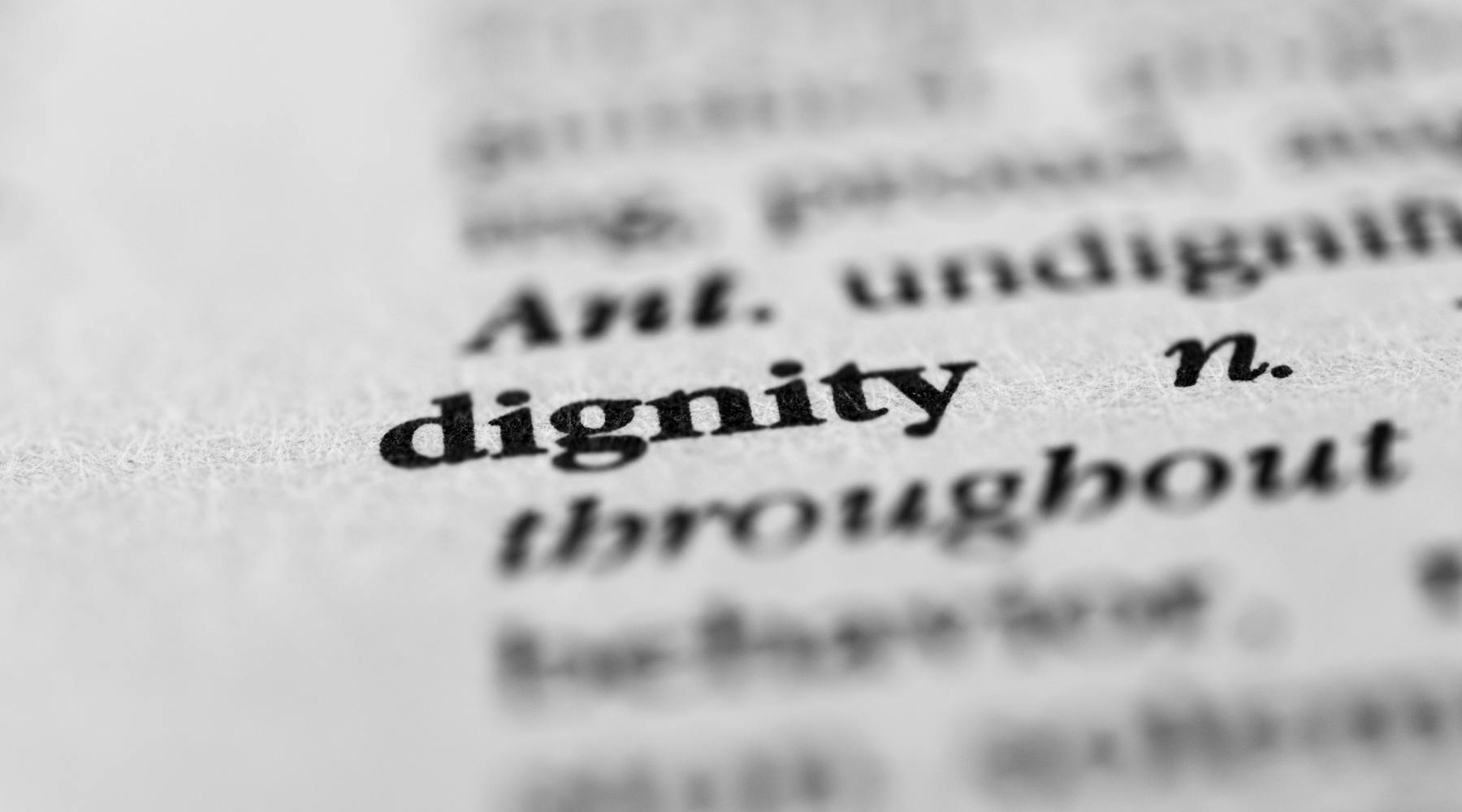The report calls for governments to end forced encampment evictions and ensure that people living in encampments can access clean water, sanitation, food, health care, and other basic necessities. We can debate the best approaches to decampment and provision of housing all day long, as most municipalities are. I'm fairly sure most people who are unhoused in encampments would prefer opening the door of their own home at night and not live through persistent hunger and untenable conditions. What strikes me in this conversation is that we are horse-trading the most basic of human dignities as if they are optional bargaining chips enroute to whatever solution we decide is best in the end.
People strive to meet the conditions of dignity set out for them by our systems until they realize they are playing a game that is not winnable. Dignity cannot be granted by broken systems that are not measured on the provision of dignity at any level. Stepping back—really stepping back—from the minutia of logistics, complications, by-laws, and legalities begs the question: when did we make dignity so conditional?
We create hostile spaces, policies, bylaws, and institutional frameworks designed to make the most vulnerable and equity-denied people in our communities uncomfortable—on purpose. These purposes are varied for the decision-makers rationalizing them. They include encouraging people to stop being homeless, to stop loitering, to stop taking up space, to stop being seen, to be sober, to be untraumatized, to stop making those of us who are housed, healthy, or otherwise doing fine feel disrupted in any visible way. 'Encouragement' is often experienced as shame by people who need it the least in our society. To my knowledge, shame has never been an effective motivator to change behavior.
If we are going to go the encouragement/shame route, then why aren't we prepared to uphold our end of the bargain with affordable housing, barrier-free food, spaces where people can spend a day after a shelter has asked them to leave without being fined or arrested, detox spaces, and places to get well? Why has it become the focus of a national advocacy initiative to remind us that people in a country as wealthy as Canada deserve bathrooms, safety, health, and privacy? This report should be offensive to us as readers, questioning the fact that people deserve the basics of humanity. And yet, this type of report is needed on a frequent basis as a reminder.
It's unfair to shame people into options that simply aren't available to them. In fact, doing this could be described quite simply as cruel. We are better than this. It is our privileged societal bait and switch, and it has to stop now.
What if we lived in a city where we prioritized the dignity of our most marginalized neighbors? What if people didn't have to continually prove that they were in poverty to receive basic necessities like food, safety, and housing? It's time for our collective conscience to steer towards a city where dignity is not a conditional privilege but an unyielding right for all. Let us envisage a society that champions compassion over indifference, where every individual, regardless of their circumstances, can lay claim to the fundamental essentials of humanity—a home, safety, and the intrinsic dignity that no one should have to prove or earn.





